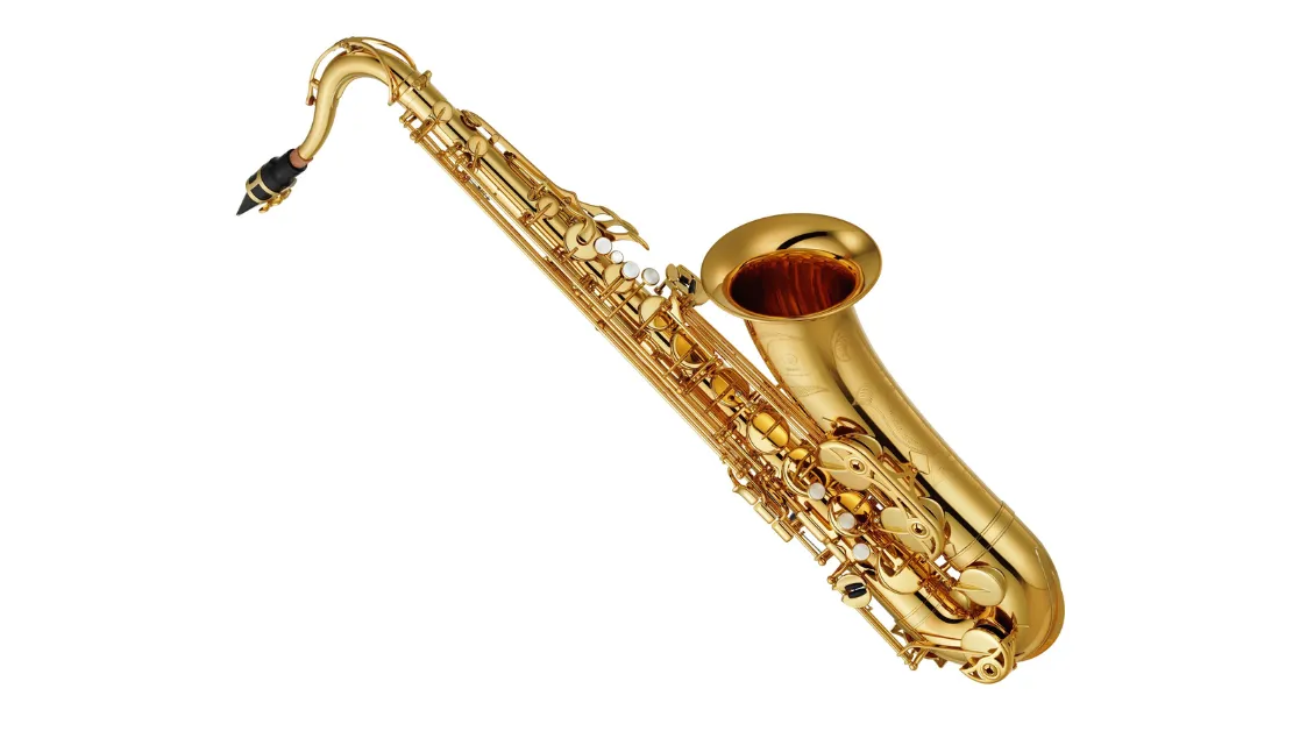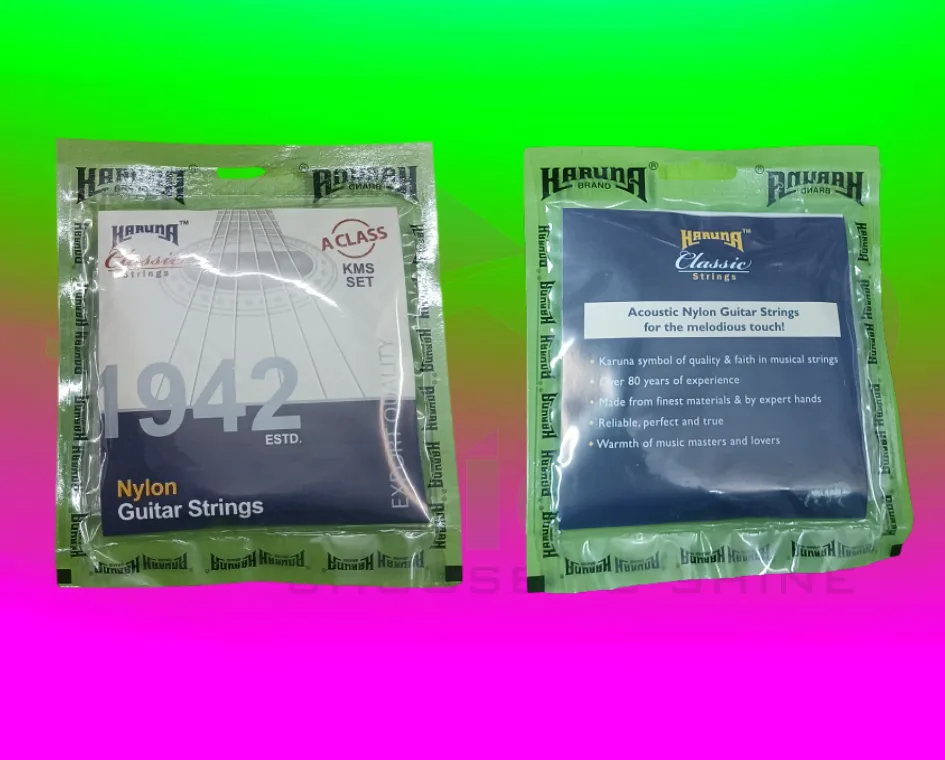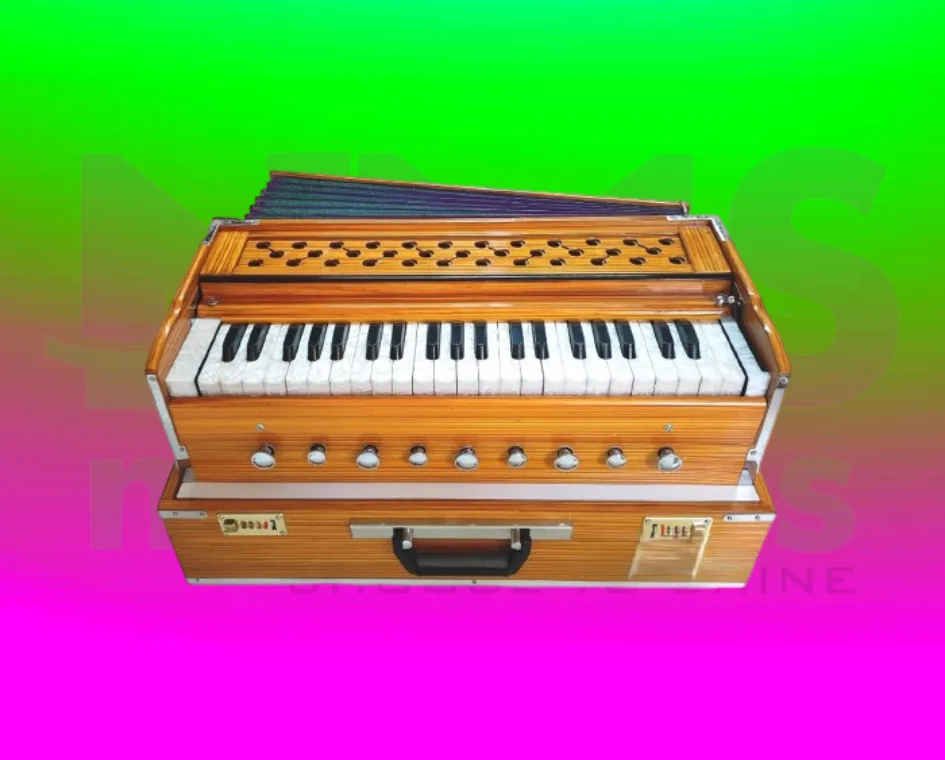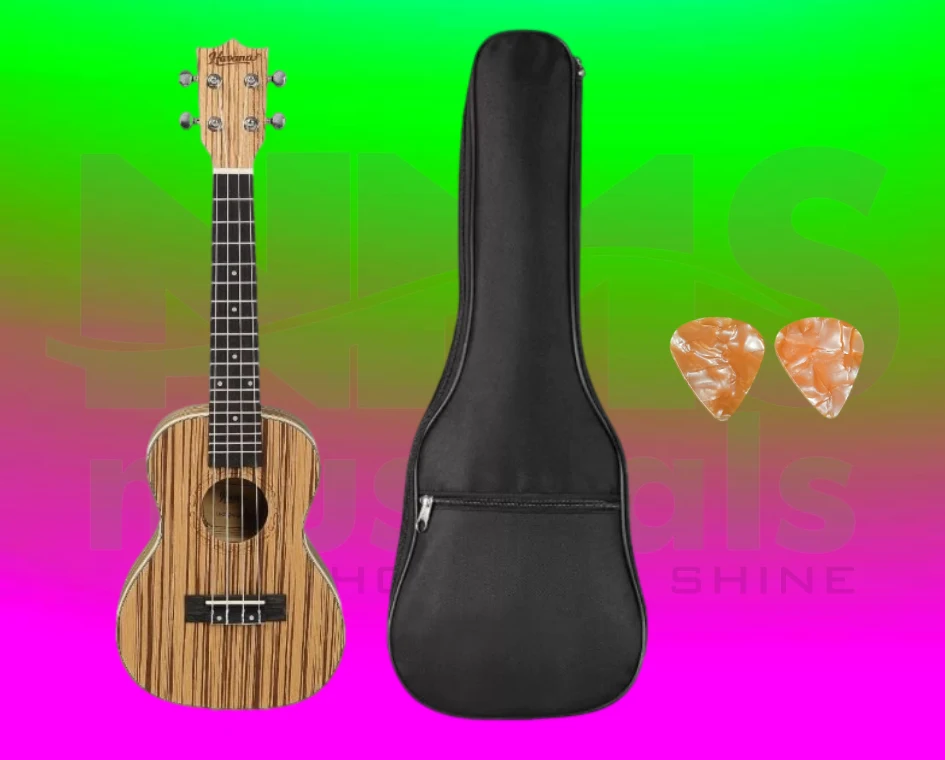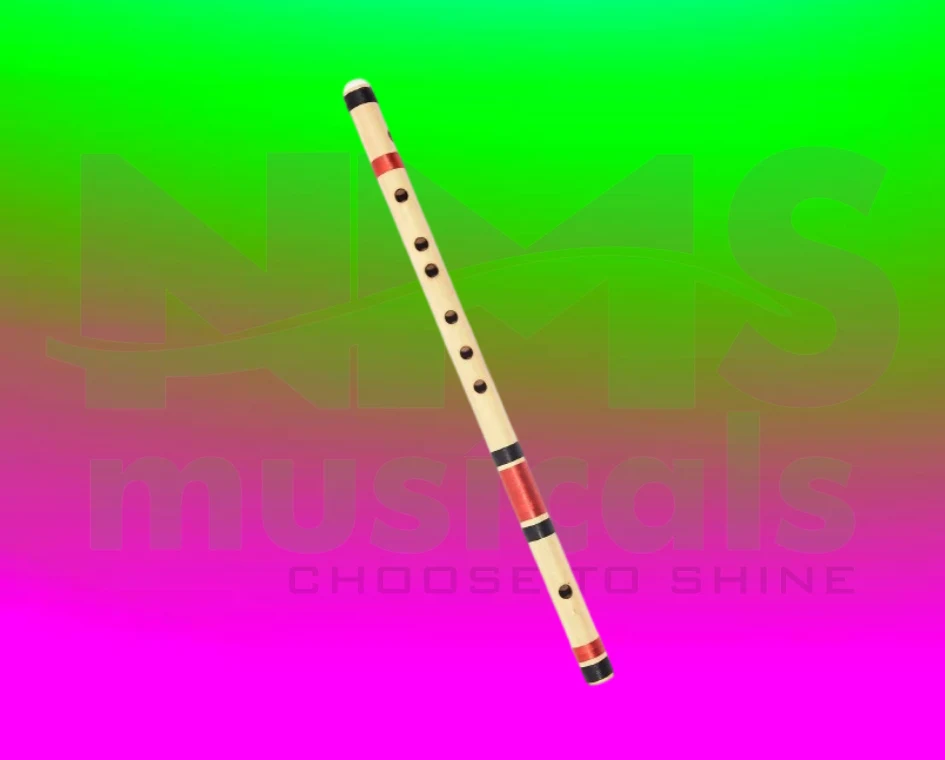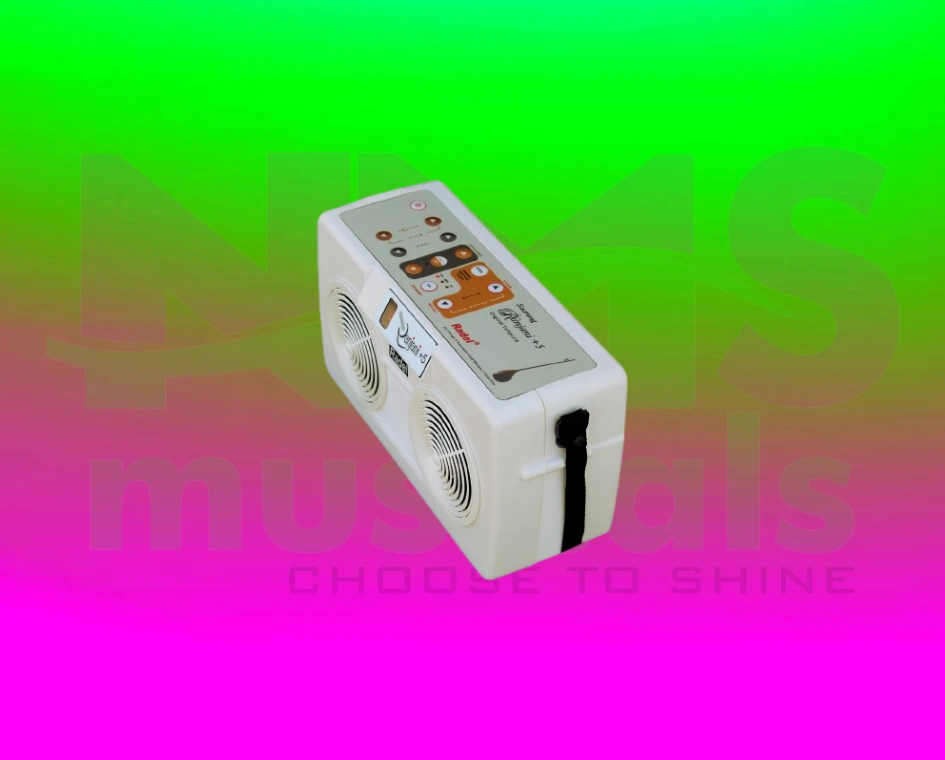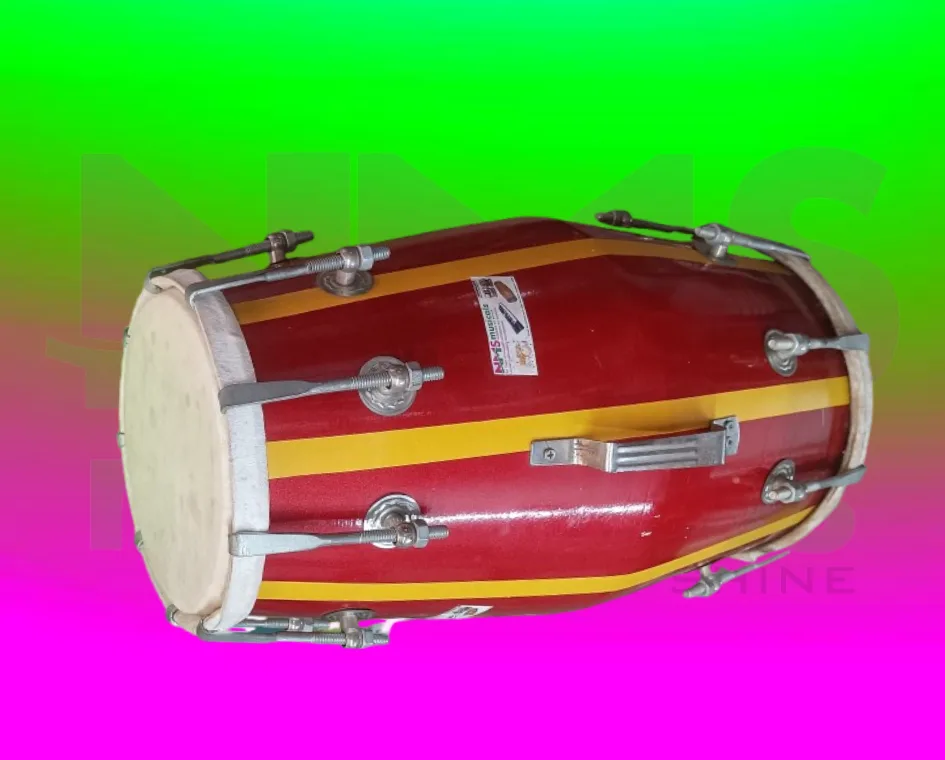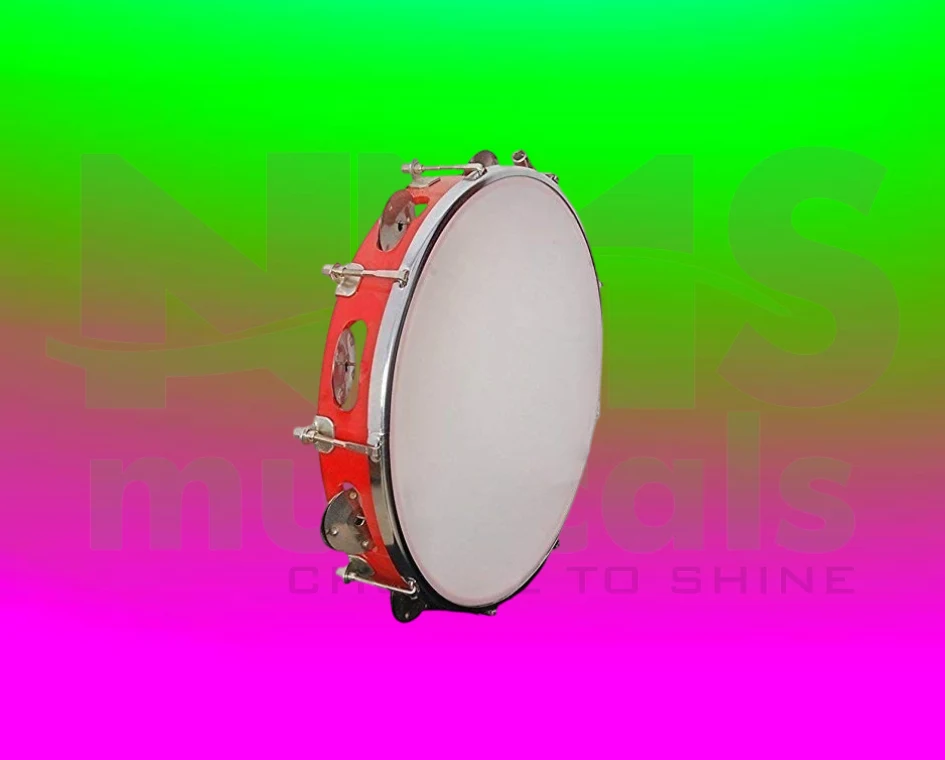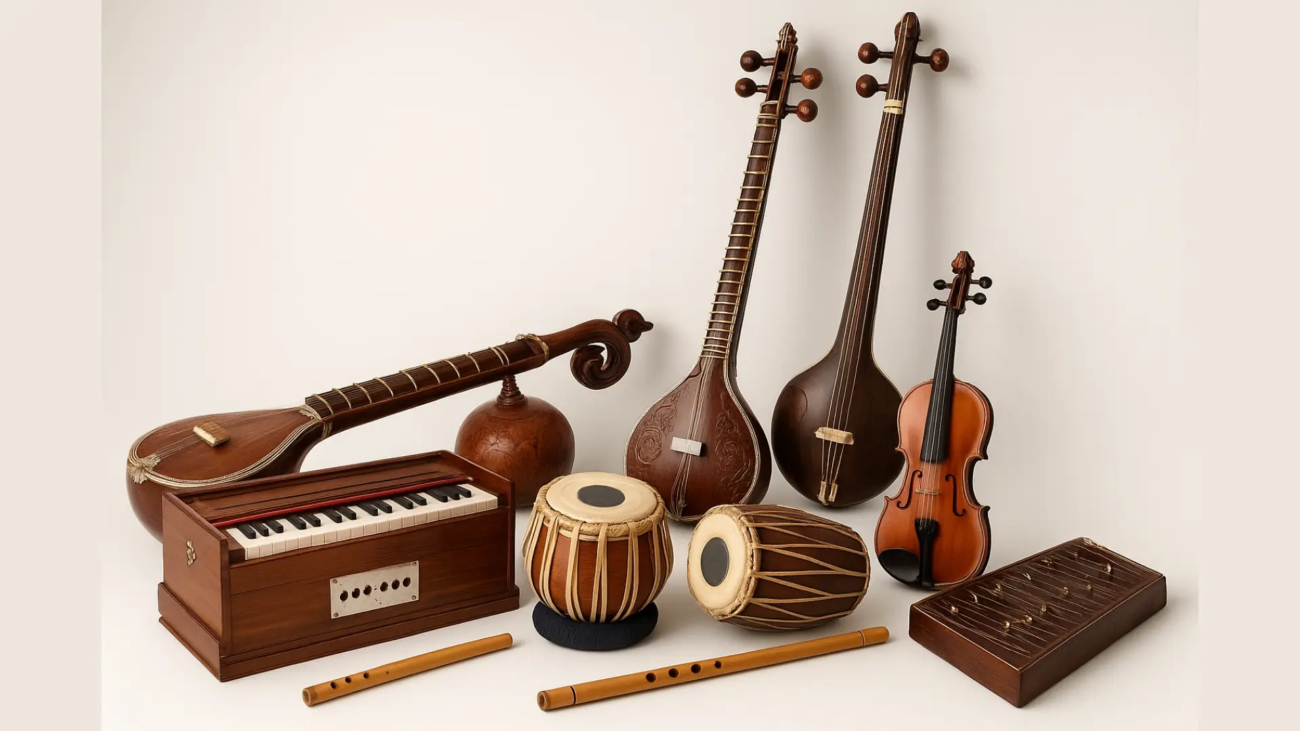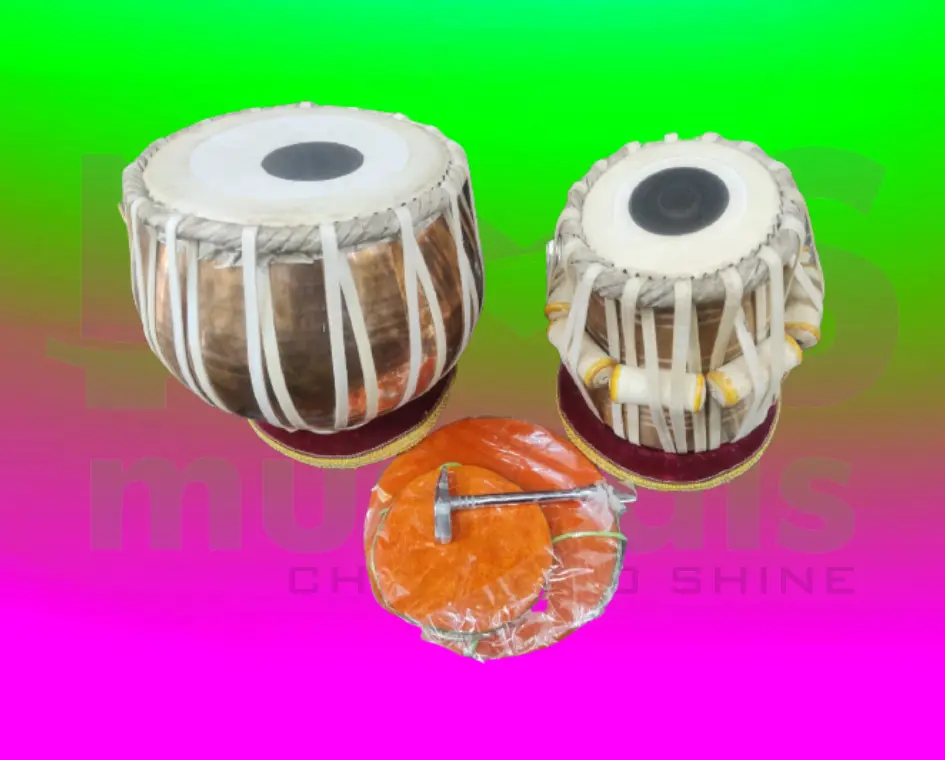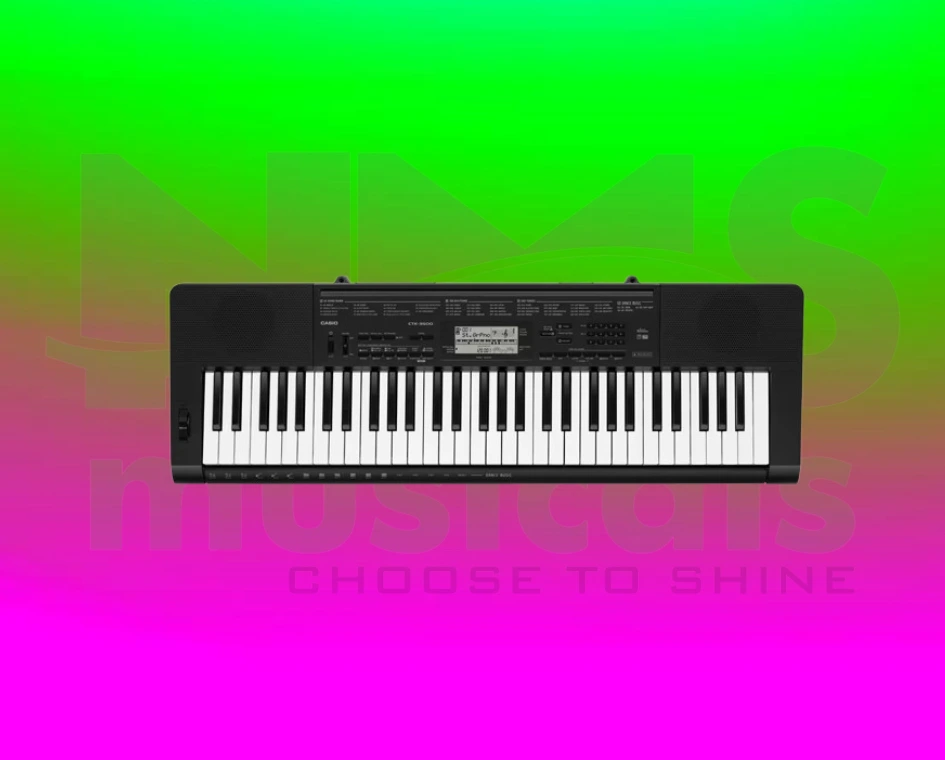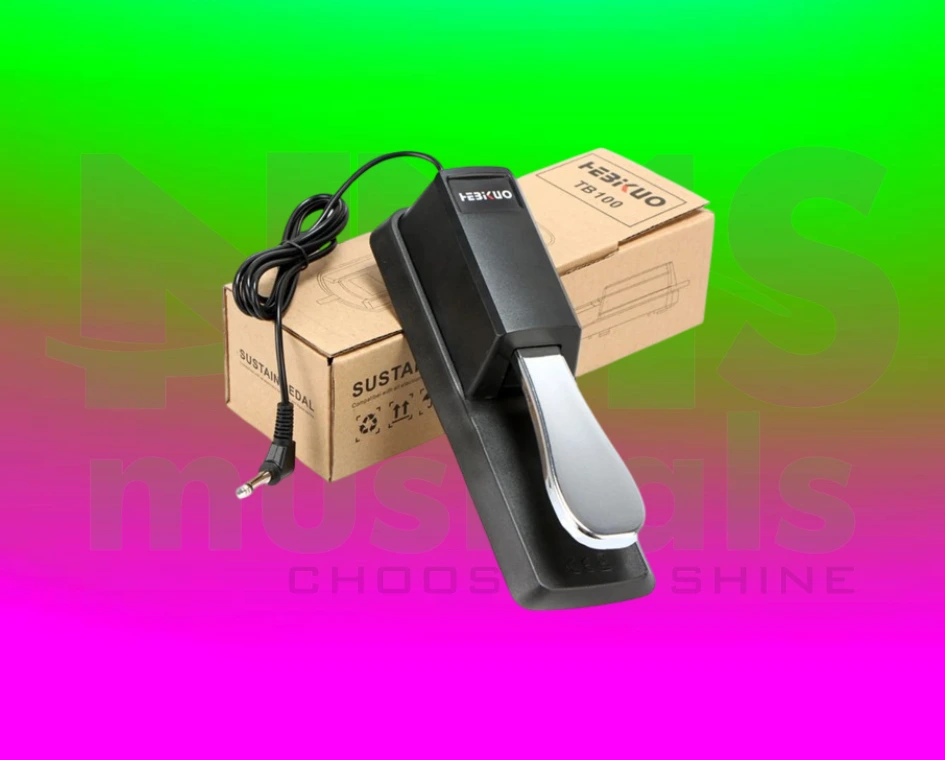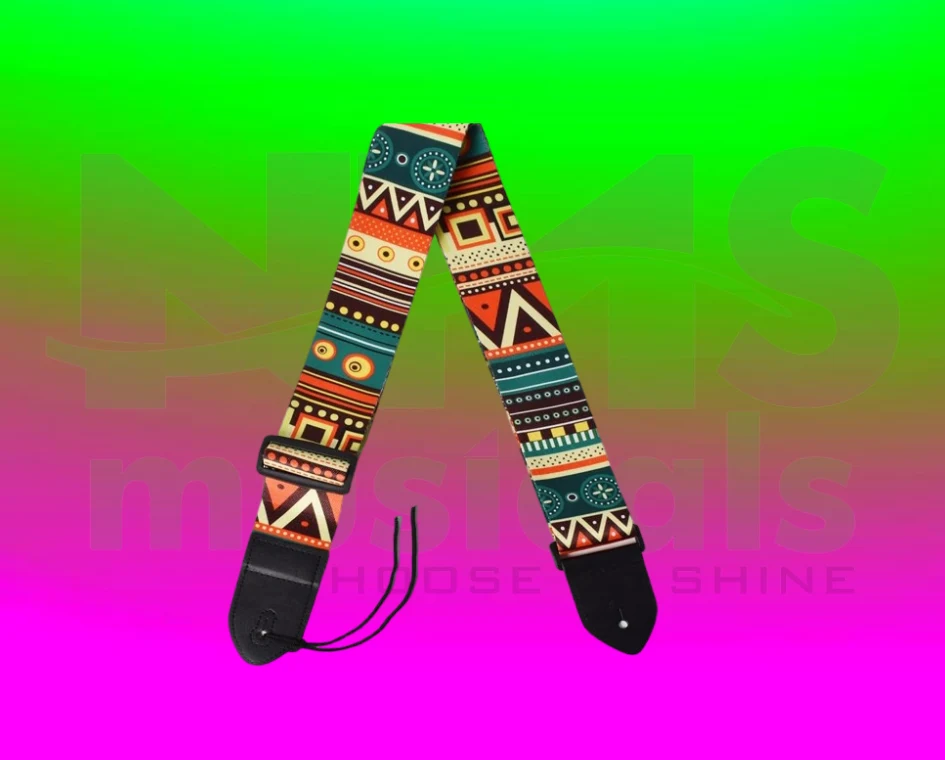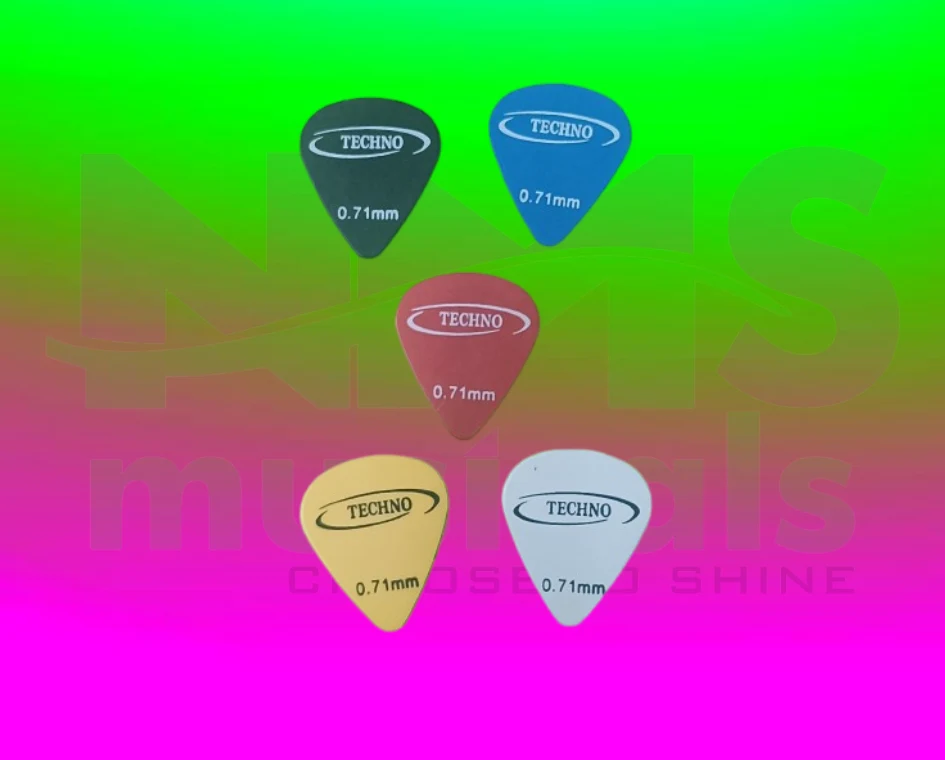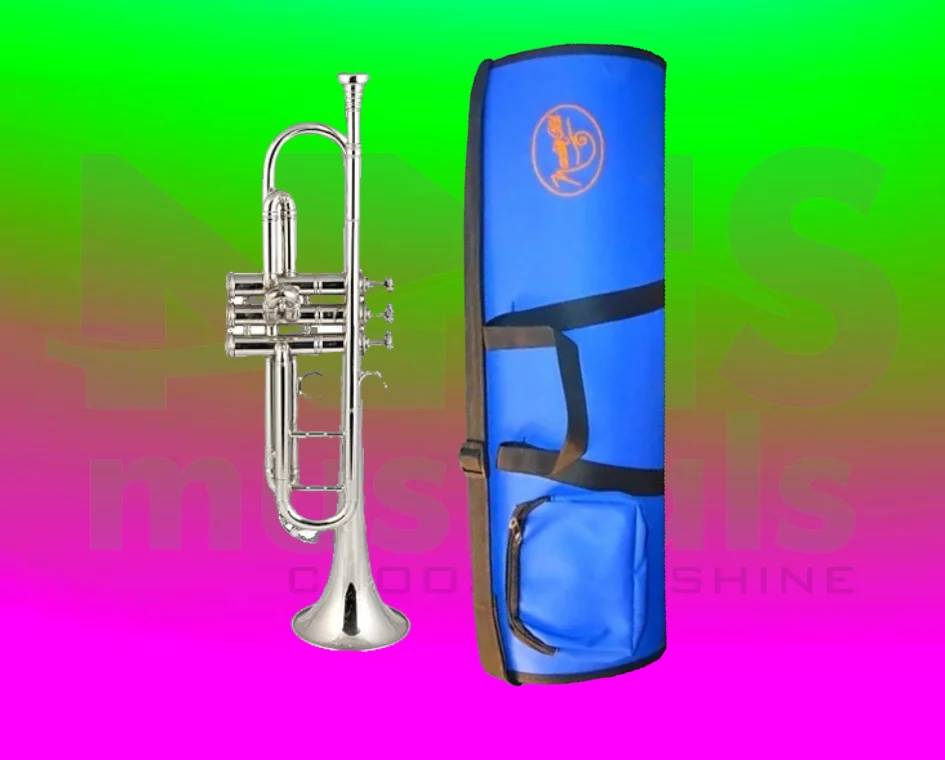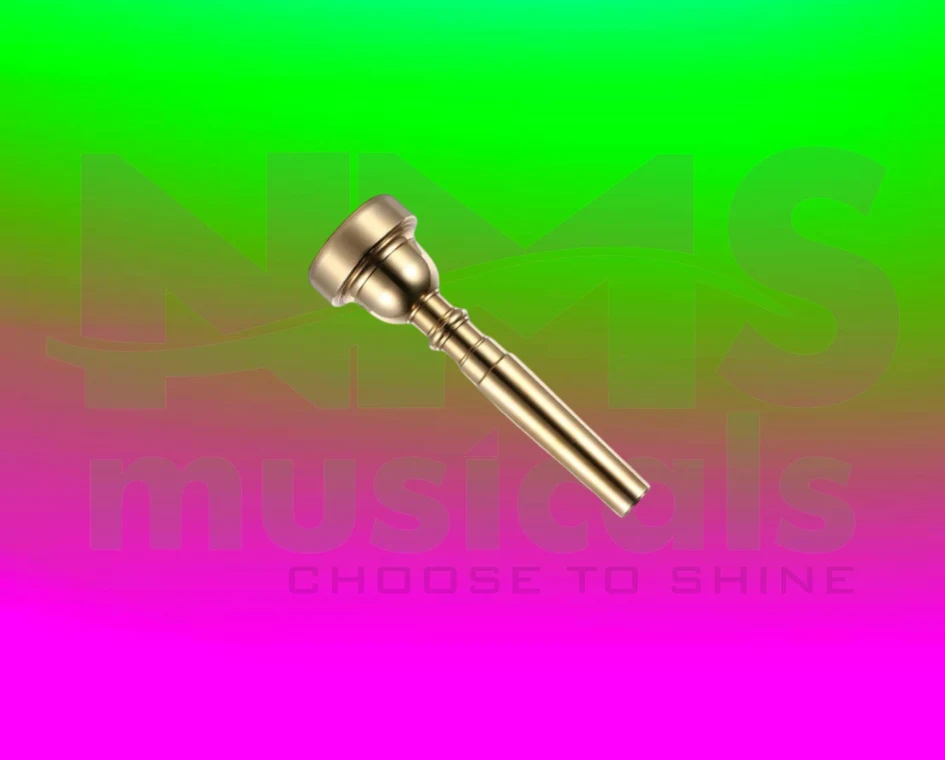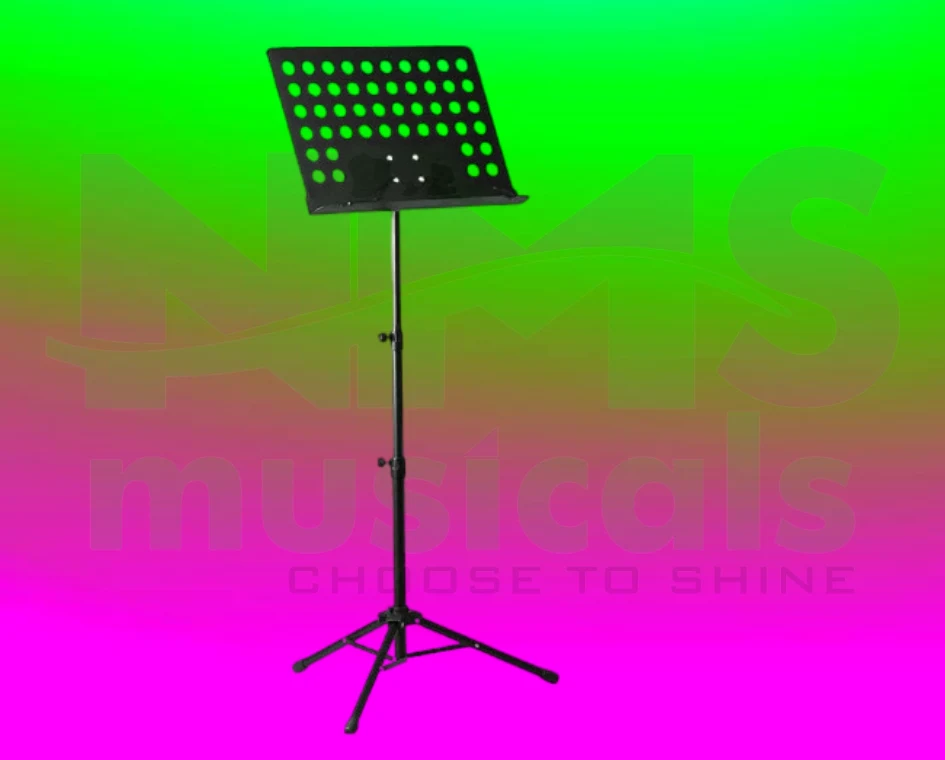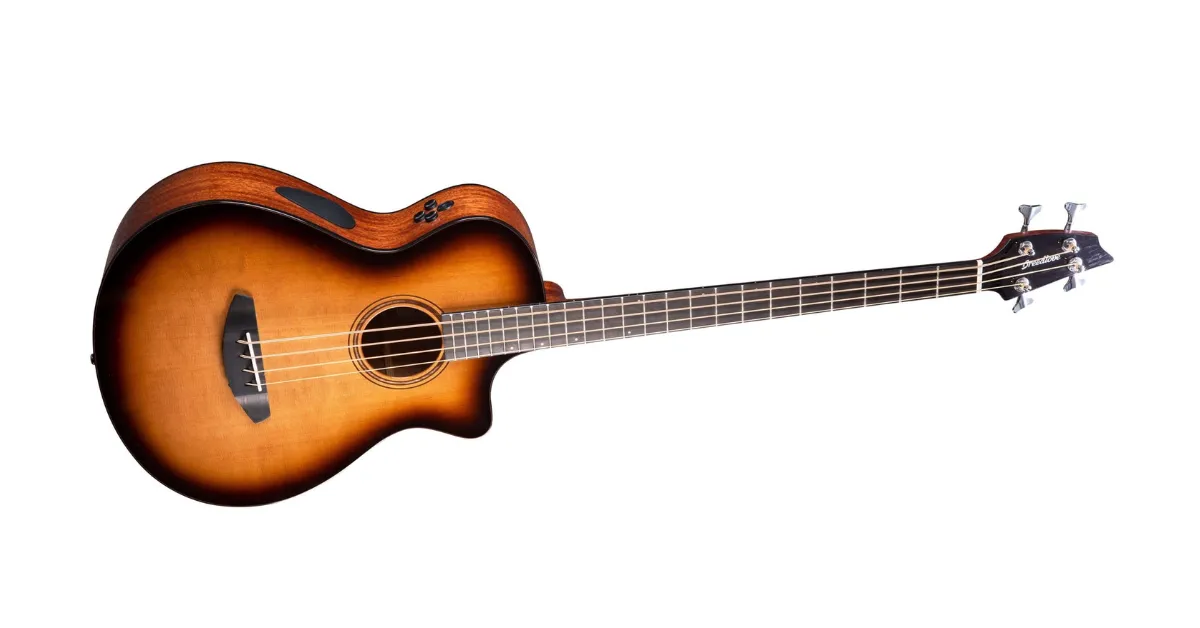Improve Saxophone Tone with Simple Tips for Every Player
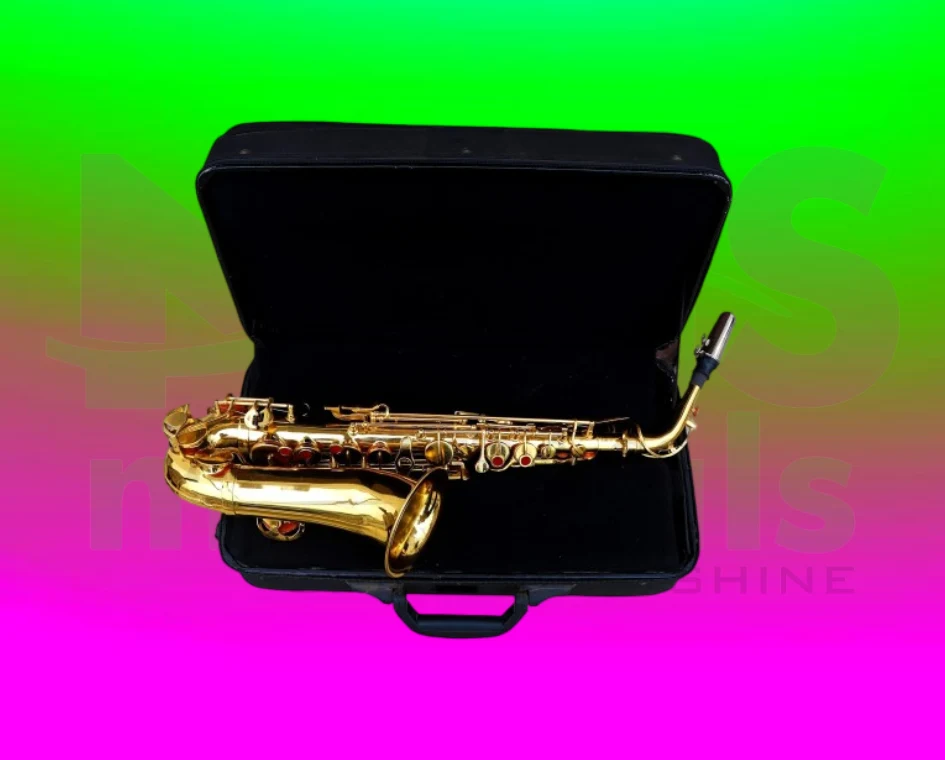
Learning the saxophone is an exciting journey, but many beginners and even intermediate players often struggle with achieving a rich and smooth tone. How to Improve Your Saxophone Tone with These Simple Tips is not just about blowing harder or practicing longer—it’s about learning the right methods, exercises, and adjustments that can completely transform your sound.
In India, where instruments like the tabla, sitar, and bansuri dominate the traditional music scene, the saxophone holds a unique place in modern fusion and film music. Legendary players like Kadri Gopalnath have shown us how beautifully the saxophone can blend with Carnatic and Hindustani traditions.
In this guide, we’ll explore effective, practical, and Indian-context friendly tips to help you improve your saxophone tone.How to Improve Your Saxophone Tone with These Simple Tips. Discover powerful techniques, Indian practice styles, and exercises to master your saxophone sound.
Understanding the Importance of Saxophone Tone
1. What is Saxophone Tone?
Tone refers to the quality of sound your saxophone produces. A good tone is warm, clear, and expressive, while a poor tone may sound thin, airy, or nasal.
2. Why Tone Matters in Indian Music Context
In Indian film scores, devotional albums, and fusion bands, saxophonists are expected to produce a vocal-like tone that complements traditional instruments like the violin, mridangam, or harmonium.
How to Improve Your Saxophone Tone with These Simple Tips
1. Focus on Your Embouchure
The way you place your lips, teeth, and facial muscles on the mouthpiece—known as embouchure—affects the tone directly.
- Keep your bottom lip cushioned over the teeth.
- Avoid too much mouthpiece pressure.
- Practice long tones to stabilize embouchure.
2. Breathe from Your Diaphragm
- Use deep belly breathing rather than shallow chest breathing.
- Indian classical singers also rely heavily on diaphragmatic breathing for sustained notes—apply the same principle.
3. Long Tone Exercises
Spend at least 10 minutes daily holding single notes steadily. Start from low Bb and move up the scale. This exercise builds control, consistency, and tone richness.
4. Choose the Right Reed
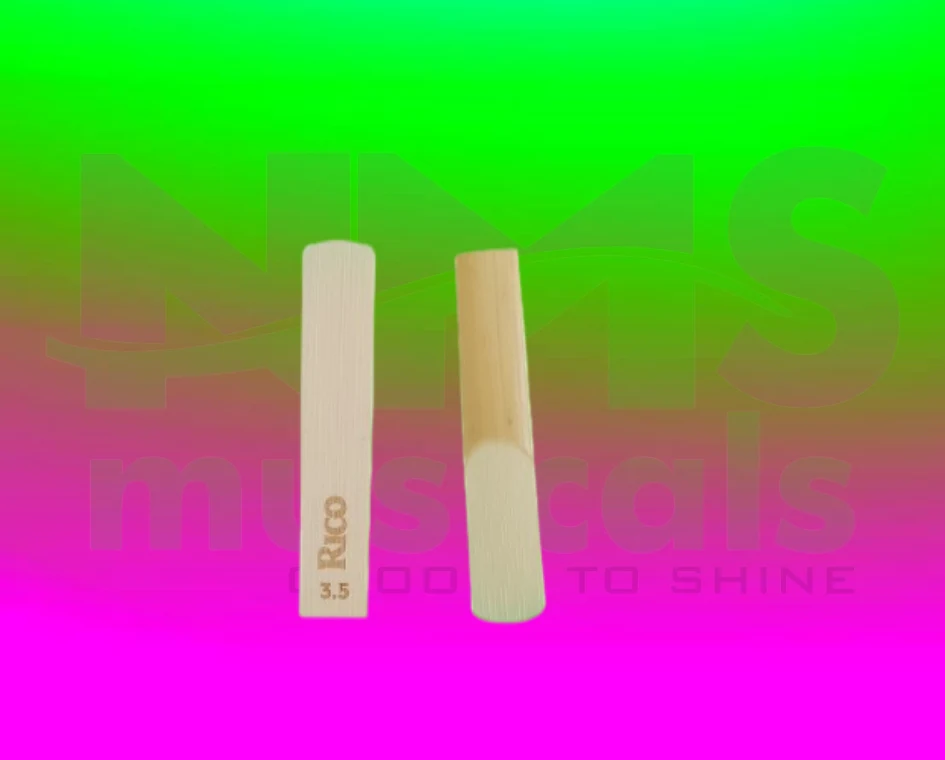
- Softer reeds (1.5–2.0 strength) are better for beginners.
- Advanced players may use harder reeds (2.5–3.0) for a darker tone.
- In India, brands like Vandoren and Rico are widely available.
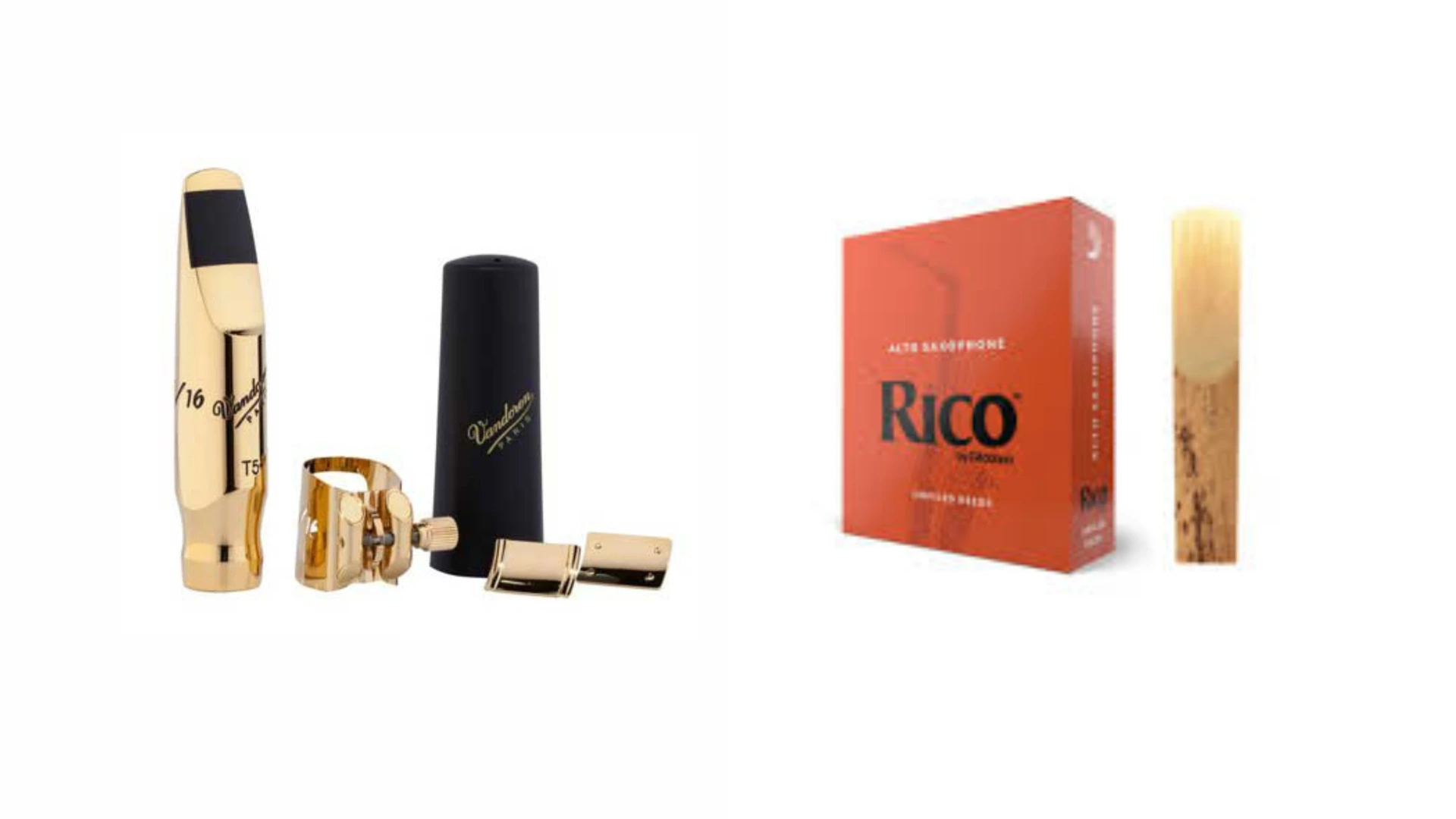
5. Use Proper Mouthpiece and Ligature
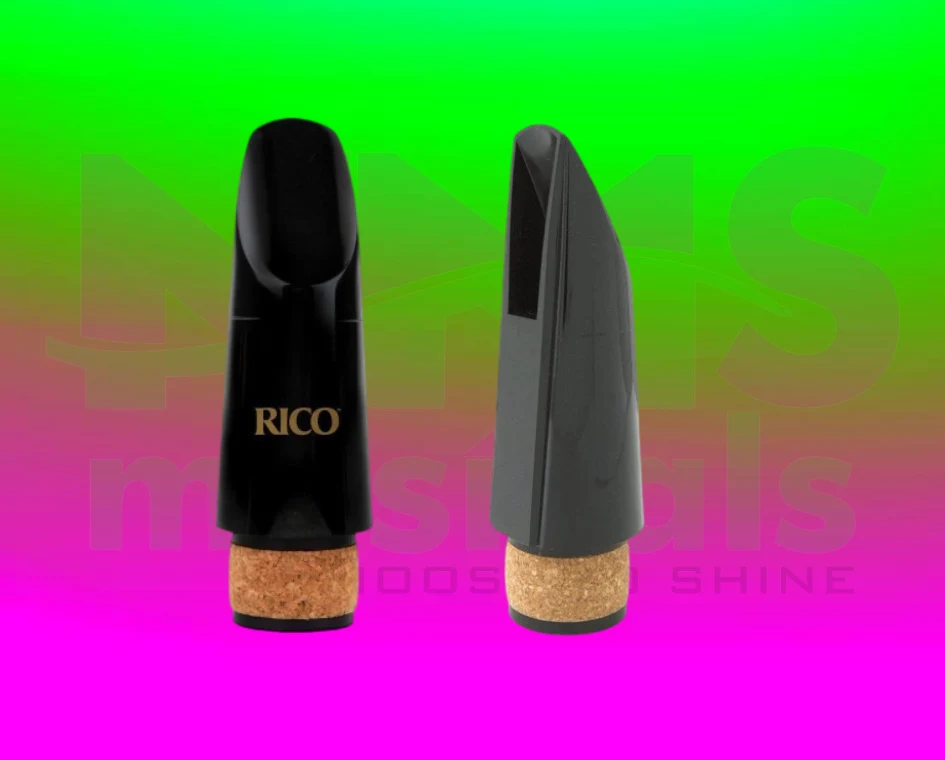
The mouthpiece design and ligature pressure significantly affect tone. Beginners should avoid very open-tip mouthpieces until embouchure strength develops.
6. Check Your Posture
- Sit or stand tall with a straight back.
- Avoid leaning forward—this restricts airflow.
- Many Indian saxophonists in Carnatic concerts use a seated posture but maintain upright breathing alignment.
7. Warm-Up with Scales and Ragas
- Practice major and minor scales daily.
- In India, saxophonists often adapt ragas like Shankarabharanam (equivalent to major scale) to build tone and musicality simultaneously.
8. Experiment with Dynamics
- Play notes softly (piano) and loudly (forte).
- In Carnatic and Bollywood music, dynamic contrast creates emotional expression.
9. Record and Listen to Yourself
Hearing your own recordings helps identify nasal tones, airy sounds, or pitch inconsistencies.
10. Learn from Indian Saxophone Masters
Listening to recordings of Kadri Gopalnath, Philomena Thumboochetty, and modern film saxophonists helps you understand tonal richness and Indian adaptation of saxophone.
Additional Tips for Beginners
1. Avoid Over-Blowing
Too much air pressure leads to squeaks and harsh tones.
2. Moisture Management
Saliva buildup can affect reed vibration. Take short breaks to dry.
3. Practice in Small Sessions
Rather than practicing for long hours, split your practice into 20–30 minute sessions.
4. Maintain Your Saxophone
A poorly maintained saxophone leaks air, damaging your tone. Clean reeds, swab inside, and check pads regularly.
Indian Context: Saxophone in Fusion and Carnatic Music
Unlike in the West where saxophone dominates jazz and classical ensembles, in India, it has found a special place in film music and Carnatic concerts.
- Kadri Gopalnath introduced saxophone in Carnatic ragas.
- In Bollywood, saxophone solos appear in many hit songs.
- Contemporary Indian bands use saxophone with tabla, mridangam, and keyboard for fusion performances.
This makes it crucial for Indian saxophonists to focus on tone quality that blends Western sax technique with Indian musical aesthetics.
Advanced Exercises to Improve Tone
1. Overtone Practice
Play fundamental notes and gradually produce higher harmonics. This strengthens your embouchure and improves tonal flexibility.
2. Subtone Technique
Used in jazz and Indian film music for soft passages—requires loose embouchure and controlled air support.
3. Vibrato Control
Adding vibrato can make your tone more expressive. Start slow and increase speed gradually.
4. Articulation Practice
Work on tonguing exercises with syllables like “ta” and “da” for crisp articulation without breaking the tone.
Common Mistakes to Avoid
- Playing with too tight an embouchure
- Ignoring breathing exercises
- Choosing reeds that are too hard too soon
- Neglecting regular instrument cleaning
- Not listening to professional recordings
The Role of Indian Instruments in Enhancing Saxophone Learning
Interestingly, learning Indian instruments like flute, violin, or harmonium can improve your saxophone tone. These instruments train you in breath control, pitch accuracy, and melodic phrasing, which directly transfer to saxophone playing.
Conclusion
Mastering the saxophone is not just about playing the right notes—it’s about producing a soulful tone that touches the listener. With the above simple tips, including embouchure correction, breathing techniques, reed selection, and Indian-inspired practice methods, you can significantly improve your saxophone tone.
Whether you’re playing ragas, Bollywood songs, or fusion music, the saxophone has the power to express emotions like no other. By combining Western techniques with Indian musical discipline, you can unlock your true potential as a saxophonist.
At NMS Musicals, we offer a comprehensive range of musical instruments, including percussion, string, wind, and keyboard instruments. Our services encompass sales, expert servicing, and the manufacture of leather instruments. Explore our diverse collection and find the perfect instrument to suit your musical needs.
Visit our website to browse our offerings: nmsmusicals.in
For a closer look at our products, check out our shop page: nmsmusicals.in/shop
Stay connected with us through our social media channels:
- Facebook: https://www.facebook.com/nmsmusicalinstruments/
- Instagram: https://www.instagram.com/nmsmusicals/?hl=en
- YouTube: youtube.com/@nmsmusicals
Our shop locations are:
- Puducherry: 149, Perumal Koil Street, Heritage Town, Puducherry, 605001.
Map Link: https://maps.app.goo.gl/ejDwBBFEJmd3szxk7 - Chennai: No: 1, 1st Floor, Kandigai Street, TVS Nagar, Korattur, Chennai – 600076.
Map Link: https://maps.app.goo.gl/7oXmB6X7KQsqeuuw9
For inquiries, contact/Whatsapp us at 9500663895 or email us at laxman.m89@gmail.com.
Discover the world of musical instruments with NMS Musicals today!
For a visual overview of our percussion instruments, watch the following video:
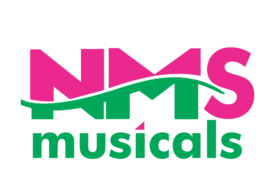

 Cart is empty
Cart is empty 